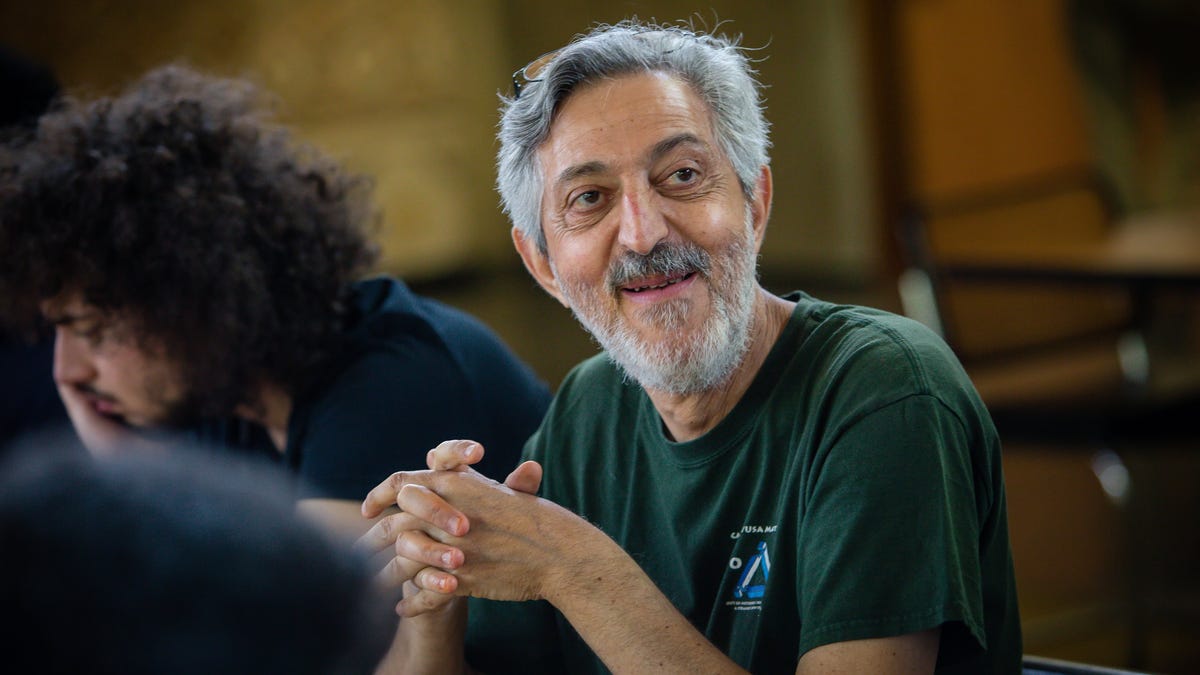Avi Wigderson, a computer scientist and mathematician from Princeton’s Institute for Advanced Study, has been awarded the prestigious 2024 ACM Turing Award, often referred to as the Nobel Prize of computing, for his groundbreaking work in reshaping our understanding of computation. “It is one of the most fundamental intellectual questions ever asked,” says Wigderson, referring to the question of P = NP. “If everyone is wrong, and P equals NP, it has amazing consequences.”
The award, named after British mathematician and computer scientist Alan M. Turing, comes with a $1 million prize supported by Google. Wigderson’s contributions to the Theory of Computation have been recognized for their profound impact on the role of randomness in computation. His work has demonstrated that computation is not limited to algorithms in computers but is a phenomenon present throughout the universe.
Wigderson’s research has focused on understanding the power of randomness in algorithms and its implications for solving complex problems efficiently. By developing pseudorandom number generators and deterministic approaches, Wigderson and his colleagues have made significant advancements in the field of computational theory. Their work has shown that randomness and hardness in computational problems are closely interconnected, leading to new insights into the nature of computation.
At the heart of Wigderson’s work is the question of whether certain problems can be solved efficiently by algorithms. The quest to determine if P = NP has far-reaching implications for society, as it could lead to the development of computers capable of solving currently unsolvable problems in practical timeframes. Wigderson’s intellectual curiosity and passion for formalizing computational models have driven his research and earned him international recognition in the field of computer science.
The ACM Turing Award is a testament to Wigderson’s lifelong dedication to advancing the frontiers of theoretical computer science. His work has not only reshaped our understanding of computation but has also inspired new generations of researchers to explore the mysteries of randomness and complexity in the digital age.

